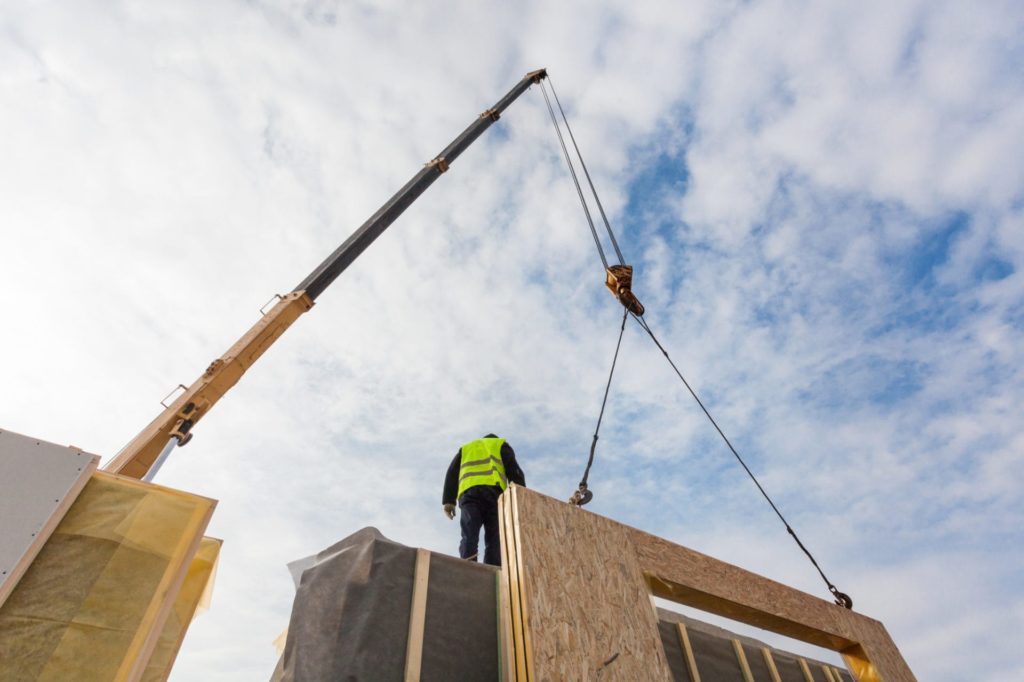Looking ahead
Labour have recently called for a National Cladding Taskforce and the RICS guidance note is expected to be published this Spring. Hopefully this will provide much needed clarity for Lenders and Conveyancers.
It is however unlikely to help those individual property owners who have received an unsatisfactory ESW1 on buildings who would now otherwise not qualify to require these forms. In many cases these individual Leaseholders are now responsible for the cost of remediation works and left unable to sell or remortgage.
















